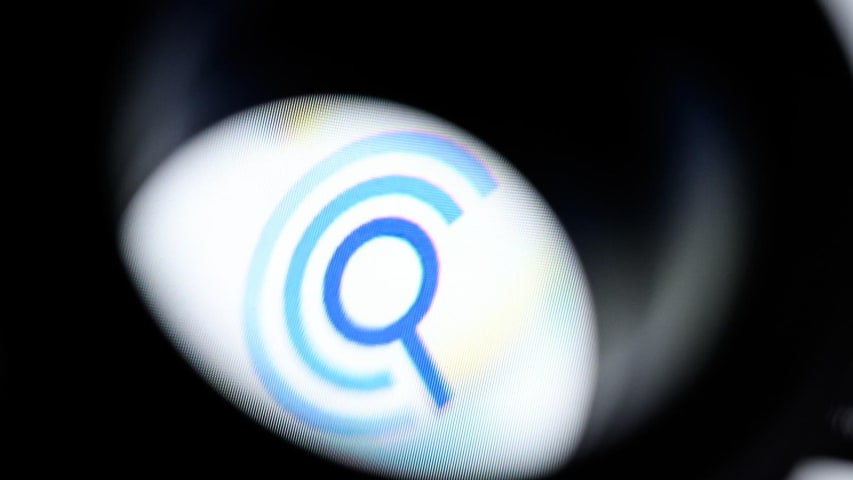Associated Incidents

Controversial U.S. facial recognition company Clearview AI, reportedly embraced U.S. government and law enforcement agencies, has been fined more than $30 million by the Netherlands’ data protection watchdog on Tuesday for building “an illegal database” containing billions of faces taken from social media and the internet.
The Dutch watchdog said it had fined Clearview €30.5 million ($33.7 million) for “automatically” harvesting billions of photos of people from the internet, which it “then converts…into a unique biometric code per face.”
Clearview uses this “illegal” database to sell facial recognition services to intelligence and investigative services such as law enforcement, who can then use Clearview to identify people in images, the watchdog said.
Clearview scrapes photos from the internet “without these people knowing…and without them having given consent” for their photo or biometric data to be used, the watchdog said.
The watchdog said the U.S. company is “insufficiently transparent” and “should never have built the database” to begin with and imposed an additional “non-compliance” order of up to €5 million ($5.5 million).
Cleaview cannot appeal the fine as it had “not objected to this decision,” the watchdog said.
“This decision is unlawful, devoid of due process and is unenforceable,” Clearview’s chief legal officer Jack Mulcaire told Forbes in a statement, adding the company “does not have a place of business in the Netherlands or the EU… does not have any customers in the Netherlands or the EU, and does not undertake any activities that would otherwise mean it is subject to the GDPR.”
“Facial recognition is a highly intrusive technology, that you cannot simply unleash on anyone in the world,” chair of the Dutch data protection watchdog Aleid Wolfsen said in a statement. Wolfsen said the threat of databases like Clearview’s affect everyone and are not limited to dystopian films or authoritarian countries like China. “If there is a photo of you on the Internet – and doesn't that apply to all of us? – then you can end up in the database of Clearview and be tracked,” he said.
Tangent
Wolfsen stressed that while there are legitimate and safe uses of facial recognition technologies—notably for safety and the detection of criminals—the technology should be reserved for “competent authorities in highly exceptional cases” and under the strict guidance of regulators to ensure appropriate use. It should not become a standard practice used at the drop of a hat and the technology should “certainly not be managed by a commercial business.”
What To Watch For
Clearview has been sanctioned and censured multiple times in Europe for violating the bloc’s stringent GDPR data protection rules, including several €20 million ($22 million) fines from watchdogs in Italy, Greece and France and rulings deeming the technology illegal from counterparts in Germany and Austria. The company was also fined around $9 million by Britain’s Information Commissioner’s Office, though Clearview successfully appealed on grounds the agency had no jurisdiction over how foreign law enforcement agencies use the data of British citizens. However, the Dutch regulator admitted forcing Clearview, “an American company without an establishment in Europe,” to obey the law has proven tricky. The company does not offer its services in Europe and Wolfsen said those using Clearview’s services can “expect hefty fines.” Despite numerous enforcement actions, “the company does not seem to adapt its conduct,” the watchdog said, adding that it is now “looking for ways to make sure that Clearview stops the violations,” including potentially holding company directors “personally responsible” for violations.
Big Number
30 billion. That’s how many photos of people are in Clearview’s database, according to the Dutch data protection agency. The figure could be even larger. In a 2023 interview with Time, Clearview CEO Hoan Ton-That said the company’s library of faces had already reached 40 billion, enough for five images of every person on the planet, and in June he told Biometric Update the image database had grown to 50 billion.
Key Background
Clearview was founded in 2017 with the backing of investors like PayPal and Palantir billionaire Peter Thiel. It quietly built up its database of faces from images available on websites like Instagram, Facebook, Venmo and YouTube and developed facial recognition software it said can identify people with a very high degree of accuracy. It was reportedly embraced by law enforcement and Clearview sold its services to hundreds of agencies, ranging from local constabularies to sprawling government agencies like the FBI and U.S. Immigrations and Customs Enforcement (ICE). The company’s reputation nosedived after the sheer scale of its operations was revealed in a 2020 New York Times investigation, where it was described as “creepy” and “dystopian.” While Clearview has proven controversial, especially with facial recognition tech is banned in some cities in the U.S.—though some police reportedly skirt bans by asking other departments to run searches—its use does not appear to have diminished over time. Ton-That told Biometric Update in June that facial recognition searches by law enforcement officials had doubled over the last year to 2 million.